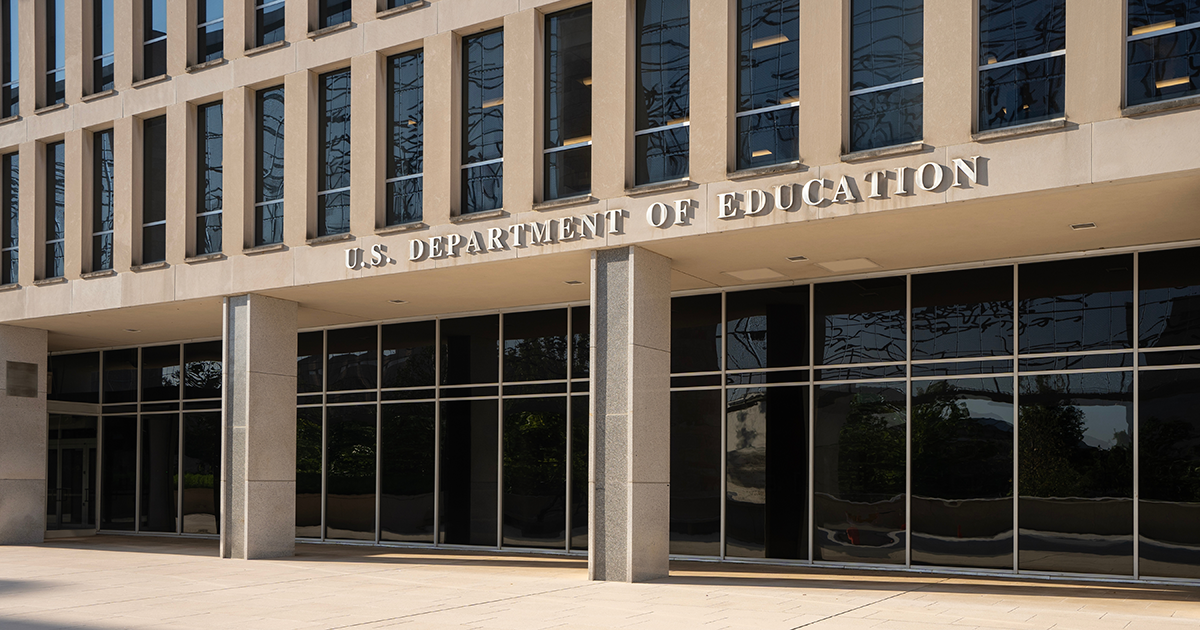At the start of the pandemic, Congress enacted the Families First Coronavirus Response Act (FFCRA), which included a provision that state Medicaid programs keep people continuously enrolled through the end of the COVID-19 public health emergency (PHE), in exchange for enhanced federal funding.
At the end of 2022, legislation was signed into law ending continuous Medicaid enrollment on March 31, 2023. Starting April 1, 2023, states need to “unwind” the continuous coverage requirement by reviewing the eligibility of every person enrolled in Medicaid in the state.
The Kaiser Family Foundation (KFF) estimates that between 5.3 million and 14.2 million people will lose Medicaid coverage during the 12-month unwinding period reflecting a five percent and 13 percent decline in enrollment. At this time, 28 state Medicaid programs provide some degree of hearing aid coverage for adults—although coverage varies widely among states. This anticipated drop in overall Medicaid coverage will result in individuals losing coverage for these services and reducing the number of enrollees who may have previously been eligible.
Centers for Medicare and Medicaid Services (CMS) requires states to develop operational plans for how they will approach the unwinding process. These plans must describe how the state will prioritize renewals, how long the state plans to take to complete the renewals, and the processes and strategies the state is considering or has adopted to reduce inappropriate coverage loss during the unwinding period.
Georgetown University’s Center for Children and Families has created a 50-state tracker that examines whether the following information can be found on the state Medicaid or state marketplace website or in public documents including:
- The state’s unwinding plan or a summary,
- An alert to update contact information,
- Communications materials/toolkits for partners,
- An unwinding FAQ,
- Whether the state plans to launch an unwinding data dashboard or publicly post key unwinding data, and
- The state’s renewal report submitted to CMS.
Recent Posts
Department of Education Comment Period Closes; Academy Submits Formal Comments on Professional Degree Proposal
The public comment period has officially closed on the U.S. Department of Education’s proposed regulations redefining “professional degree programs” for purposes of federal student aid….
Kentucky Legislature Considers Updates to Audiology Scope of Practice
The Academy recently submitted a letter to the Kentucky House Standing Committee on Licensing, Occupations, and Administrative Regulations regarding House Bill 444 (HB 444), legislation…
Vaccination of Older Adults in the United States
In the United States, this time of year tends to coincide with cold and flu season. As such, it seems timely for us to review…


